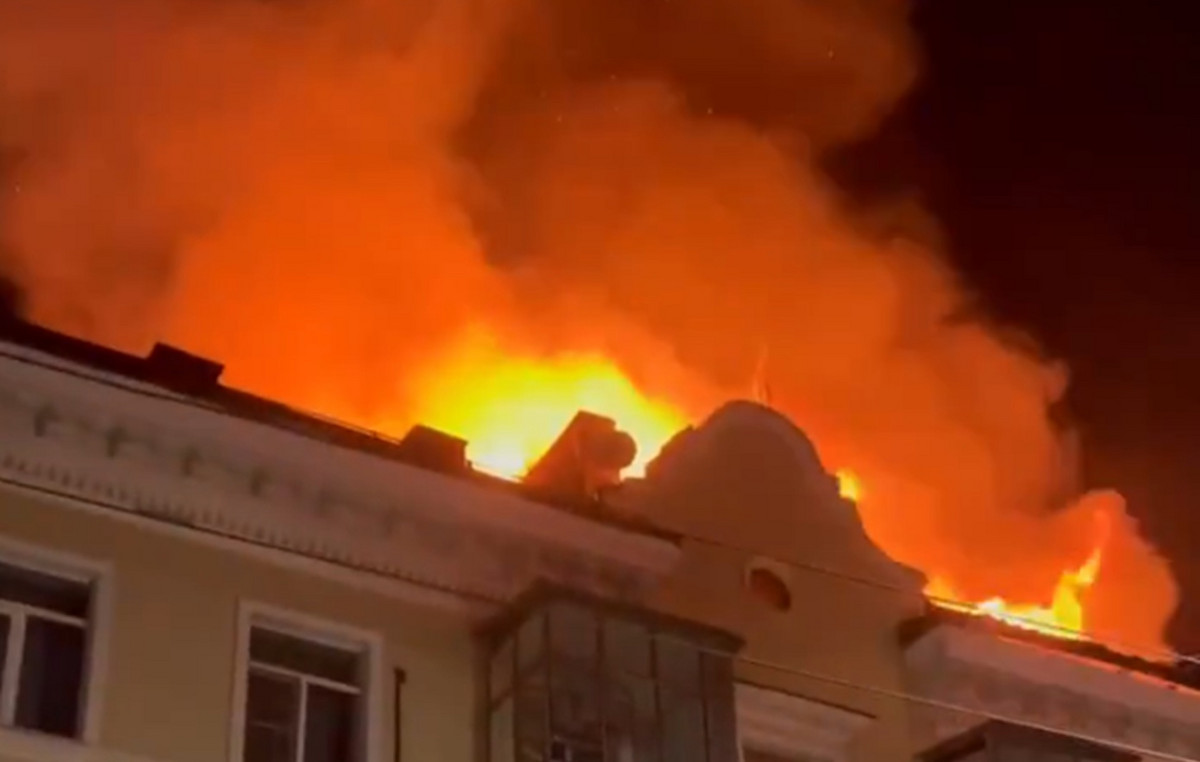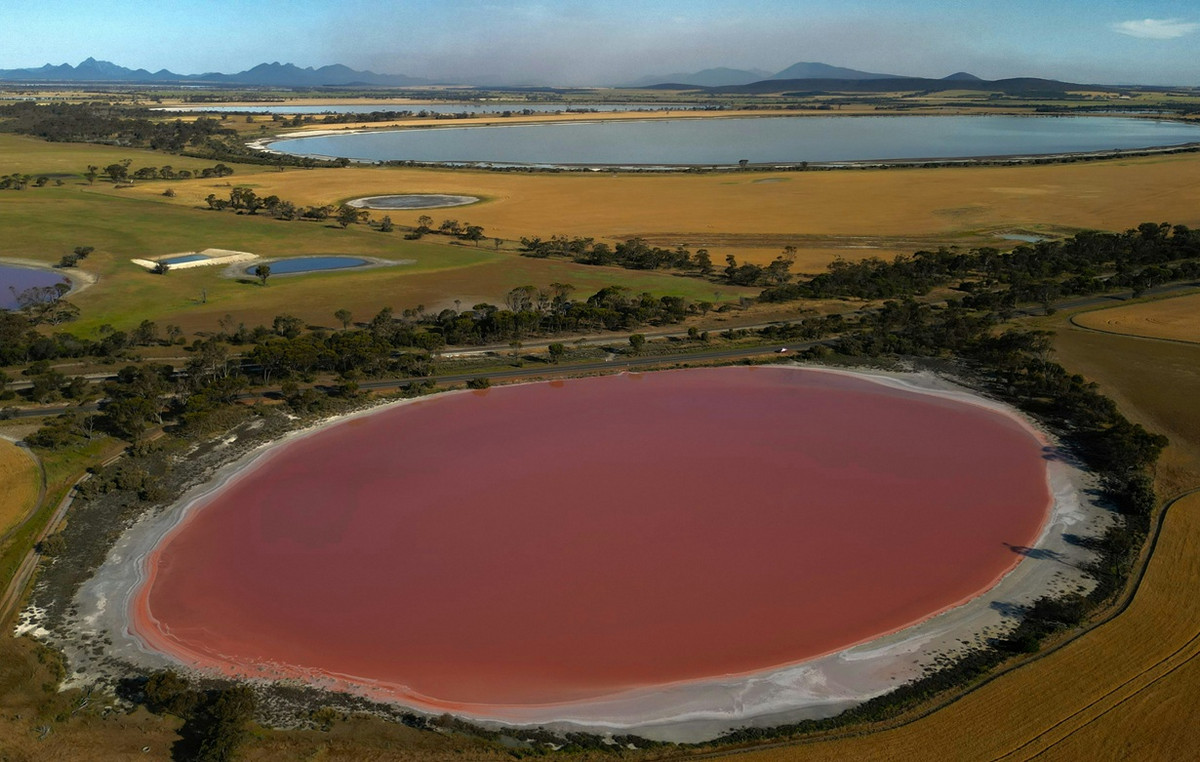International oil prices closed higher on Thursday, but not at the highs of the day, amid a possible European Union embargo on Russian oil, which is under consideration.
The global benchmark, Brent oil delivery Juneadded $ 1.53 or 1.4% to $ 108.33 a barrel, while on the other side of the Atlantic, the American WTI crude delivery in June gained $ 1.60 or 1.6%, closing at $ 103.79 a barrel, having earlier traded up to $ 105.42.
EU countries are close to drawing up a plan for a gradual but final cessation of Russian oil imports, according to international media reports. The United States and the United Kingdom have imposed an oil embargo on Russia over its recent invasion of Ukraine, and the EU has been slower to address the issue, due to its much higher degree of dependence on Russian energy resources.
“It is most likely a gradual de-escalation of Russian oil, much like the one we see in Russian coal,” Warren Patterson, ING’s chief commodity strategist, said in a statement.
“A gradual unbundling will allow trade flows to adjust more smoothly and thus the effect on price will be more limited than a sharp break,” he said.
US Treasury Secretary Janet Yellen told a news conference on Thursday that it was important for the EU to move away from Russian energy resources, but warned that A general embargo on energy imports from Russia would lead to explosive price increases in Europeaccording to a report by The Hill.
Ms. Helen “realizes that a total ban on Russian oil and gas would have a severe impact on the European economy,” said Phil Flynn, a senior market analyst at The Price Futures Group.
He added that stocks at US refineries are dangerously low, at their lowest levels since 2008 and – if Russia cuts off supplies to Europe, US stocks will be further compressed.
At a time when Moscow was talking about a draft agreement to end the war, which it submitted to Kyiv, the US and its allies are sending heavy equipment to Ukraine in order for the latter to face the Russian attack in the industrial east of the country. The British Ministry of Defense notes that Russia wants to show significant military success in view of the celebrations of May 9, the anniversary of the victory against Nazi Germany.
The problems, however, are not only the reduction of Russia’s oil production and exports, but also issues related to the transportation of Libyan oil production and the repair of pipelines in Kazakhstan.
The Libyan National Oil Corporation specifically announced that 550,000 barrels per day are lost due to the closure of major oil wells and export terminals, according to Reuters.
U.S. producers, however, appear to be accelerating, with the country’s total oil production rising by 100,000 barrels to 11.9 million barrels per day in the week ended April 15, the highest production levels since end of April 2020.
Natural gas prices in Europe gained for a second day as traders weighed the security of supplies when Russia demand for ruble payments comes due next month.
Rise for gas in Europe pending … payments in rubles
In Europe, natural gas rose by as much as 9.4% after a week of stabilization. Russia’s demand for ruble payments from “unfriendly” countries has dominated market participants amid warnings that supply could fall sharply if buyers do not adapt to the new payment system demanded by Vladimir Putin. However, a steady flow of liquefied natural gas (LNG) still keeps prices in the “reasonable” range.
The Dutch gas contract, a benchmark for Europe, closed with a rise of 6.2%, to 100 euros per megawatt hour, while it had strengthened by 0.5% on Wednesday. The corresponding British contract strengthened by 6.2%.
Source: Capital
I am Sophia william, author of World Stock Market. I have a degree in journalism from the University of Missouri and I have worked as a reporter for several news websites. I have a passion for writing and informing people about the latest news and events happening in the world. I strive to be accurate and unbiased in my reporting, and I hope to provide readers with valuable information that they can use to make informed decisions.







